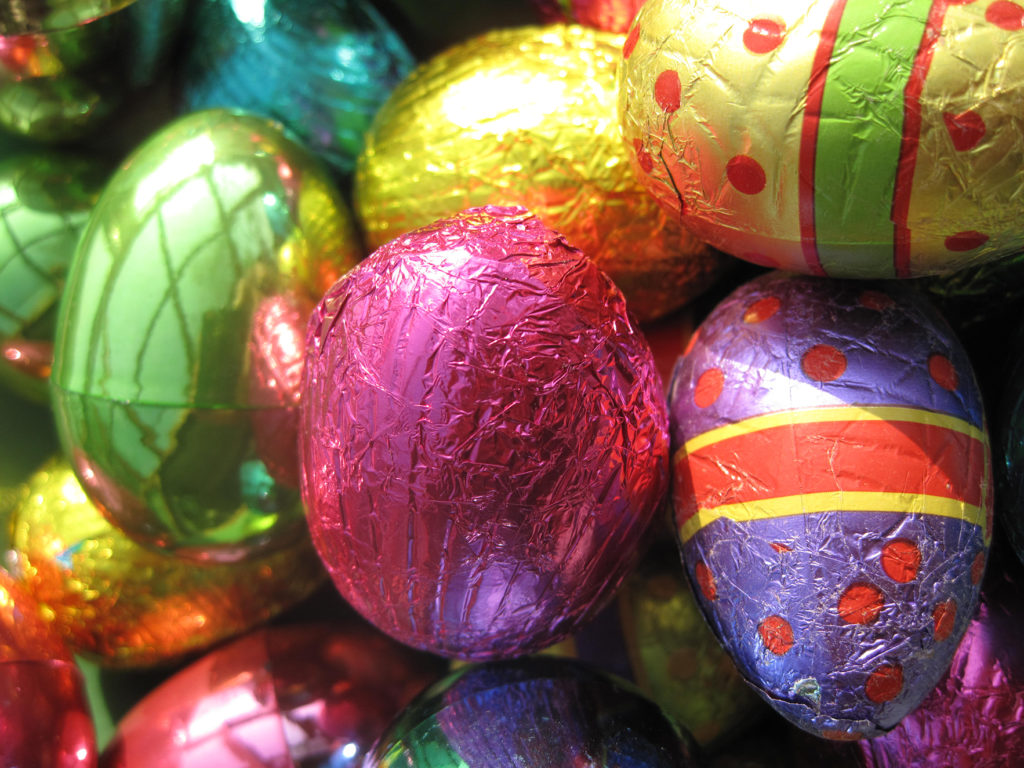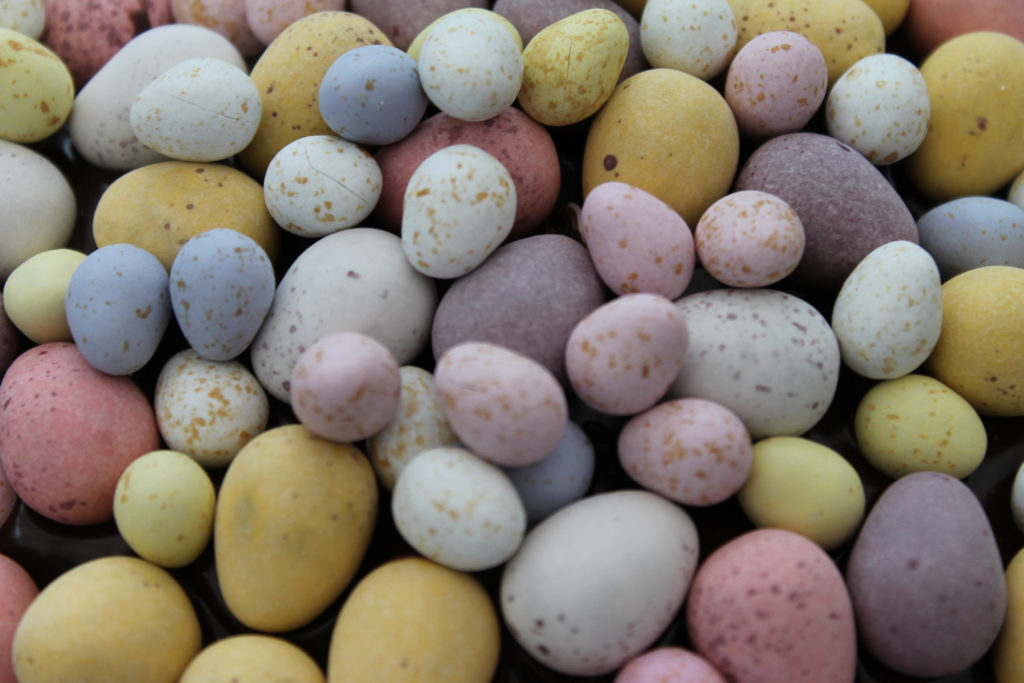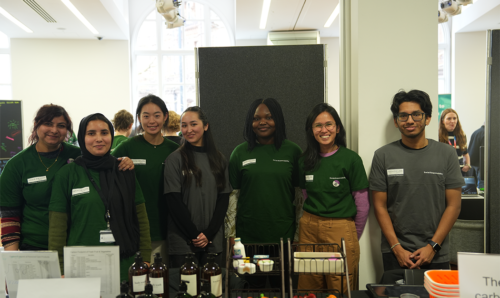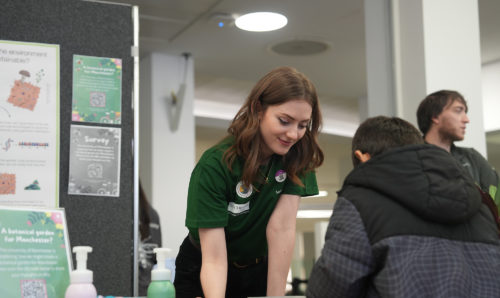A delicious threat to our planet’s eggs-istence?
Research impact and institutes 29th March 2018
You may have lost an hour of sleep when the clocks changed last weekend, but the good news is you’re an hour closer to eating lots of lovely Easter eggs. It should go without saying that Easter is a chocoholic’s Christmas – but is your habit damaging more than just your wallet and waistline?
A new study from researchers at The University of Manchester has revealed the environmental impact of the UK’s chocolate addiction. And yes, our population is one of the largest consumers of chocolate in the world – in fact, we’re sixth in the global rankings for chocolate eating.
But that habit has an environmental cost. The study, published in Food Research International, revealed that 2.1 million tonnes of greenhouse gases are produced by the UK chocolate industry every year. To put this into perspective, that’s the same as a city with a population as large as Belfast.
Full of (cocoa) beans

Even if you don’t consider yourself a chocoholic, the ingredient is so prolific, chances are you eat it regularly. From desserts and biscuits to cereals and even sauces, those cocoa beans get everywhere.
For simplicity, the study focused on just three types of chocolate product – bars of milk chocolate (the preferred option over dark chocolate in the UK), sharing chocolates and moulded bars. All aspects of the production lifecycle were considered, from the raw materials used and their transportation through to the packaging choice.
The study found that the stage of the chocolate lifecycle with the most significant environmental impact is the production of the necessary raw materials – particularly milk powder. This is followed by the packaging and the transport of both ingredients and finished products. For example, to make just one bar of chocolate, it takes close to 1,000 litres of water – more than a person drinks in a year and something to think about when you treat yourself to a sneaky bar.
In terms of packaging, sharing chocolate is the biggest enemy of the environment. This is because there is so much more packaging on this type of sweet than on a single bar of chocolate.
A moment on the lips…

So, we ruined brews for you, and sandwiches – are we really going to take away your enjoyment of chocolate too? Well, even the researchers aren’t ready to suggest we stop eating the sweet treats.
Professor Adisa Azapagic, head of the University’s Sustainable Industrial Systems, says: “It is true that our love of chocolate has environmental consequences for the planet. But let’s be clear, we aren’t saying people should stop eating it.” Instead, she hopes that the chocolate industry will start to target the parts of its supply chain responsible for the most damage, and take steps to make their products more sustainable.
“Most of us love chocolate, but don’t often think of what it takes to get from cocoa beans to the chocolate products we buy in the shop,” Prof Azapagic adds. “Cocoa is cultivated around the equator in humid climate conditions, mainly in West Africa and Central and South America, so it has to travel some distance before it makes it into the chocolate products we produce and consume in the UK.”
Chock-full of chocolate

While bagged chocolate is the most problematic in terms of packaging, overall it’s chocolate countlines – that’s basically chocolate bars to you and me – that contribute the most to the UK’s greenhouse gas emissions. This is likely because this product is the most popular of the three with UK consumers.
So, the good news is you don’t have to feel too guilty that your Easter indulgence is killing the planet. But if you have been toying with the idea of abstaining, know that cutting back on chocolate is good for your bank account, your health AND the environment.
Words – Hayley Cox
Images –
chocolateeaster eggsenvironmentfood productiongreehouse gassupply chainsustainability




